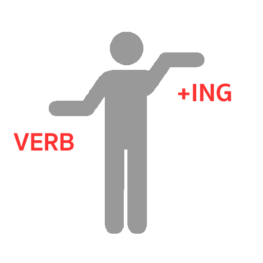
Semantic Ill-Formedness (Distortion)
Semantic Ill-Formedness is the Second part of the Inverse of the Meta Model. Remember that the we use the Meta Model here to reveal Distorted information. Here we are going to discover the Three parts it is been made of. Now in the Meta Model we learned to ask the questions to discover what has been distorted by the client. In the Milton Model we, as the NLP Practitioner, we are utilizing to deliberately distort information and provide suggestions with it. This part, Semantic Ill-Formedness, is very powerful. So study it closely, in the end it will make the utilization of the Milton Model only easier.






